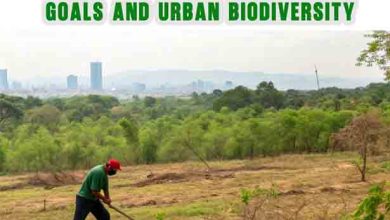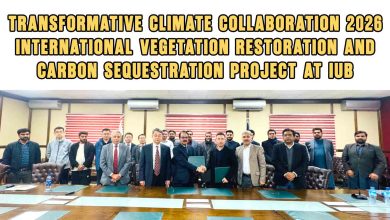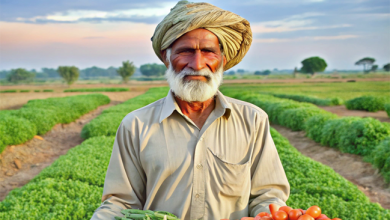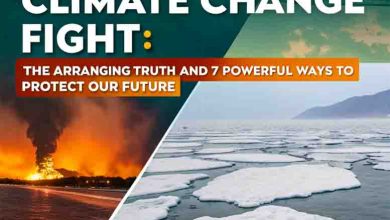President for conserving water and energy
Source: Business Recorder, December: 9, 2022
ISLAMABAD: President Dr Arif Alvi on Thursday stressed the need to change the approach from rapid consumption to conserving water and energy, enabling the country to minimise financial and economic difficulties.
While addressing the Sustainable Development Policy Institute’s (SDPI) 25th Sustainable Development Conference here, the president also stressed the need for starting business activities early and closing early in the evening, saying Pakistan could save up to 4,000 megawatts of energy.
He said the country could also preserve rain and flood water for use in agriculture and other sectors by making small, medium, and big water reservoirs. He said that The Netherlands as compared with Pakistan in area and population was far smaller but adopting modern technology and other means in the agriculture sector has emerged as one of the top global food exporters.
The president said, “Our attitudes should be targeted towards reducing waste reduction and shedding our unnecessary desires and wants and striving to live a happy life based upon our cherished religious and Islamic values of love for ourselves, for family, neighbours, humanity, and nation without hating other nations and love for all creations, both living and non-living, in accordance with the true spirit of Islam.”
He said now that the floods were over, the country was entering into the rehabilitation of the flood-affected areas and flood victims in most parts of the country. “We need to adapt ourselves to the expected changes brought about by climate change and create a resilient society, which is capable of adaption to the changes in the environment and successfully coming out of natural disasters induced by climate change and global warming,” he added.
He advised, “We should define our goals, set KPIs and a timeline and then put our minds and resources into the set goal.” The president said climate change required limiting climate change and global warming. “We need attitudinal change and total commitment to the timeline, which currently the world is not ready to do,” he added.
While talking about population control, he said due to cultural taboos, people were reluctant to approach and buy contraceptives to stop unwanted pregnancies, which were 50 per cent of the total pregnancies of nine million in a year.
He said the world had entered into an era of abundance of food through the use of high-yielding seeds, highly efficient water conservation techniques, the use of artificial intelligence to provide micronutrients, which had the ability to produce an abundance of food even in Pakistan and the hunger could easily be controlled.
Alvi said Pakistan was able to control the Covid-19 pandemic in a much better and more scientific manner compared to regional countries by repeatedly conveying the message to clean hands, wear masks and observe social distancing. He said the pandemics were going to spread frequently in the future due to ease of communication and frequent world travelling by people.
Speaking at the closing ceremony, Federal Minister for Commerce and Trade Syed Naveed Qamar said, “We need to utilise all resources to strengthen our economy. The global community especially the industrial world must unite to deal with climate change-related issues.” He said that the government of Pakistan has finalised setting up solar energy power projects of 10,000 megawatts within the next few years.
He further stated that sustainable growth is a need of the hour because without sustainability there is no growth. It is time for moving forward and build in a way that tomorrow our children do not blame our choices.
Speaking at another session, former governor State Bank of Pakistan (SBP) Dr Ishrat Hussian said that the latest study of 33 countries involving about one billion people concluded that there’s no trade-off between reducing CO2 emissions and economic growth. He said that as per the study started in 2010 and concluded in 2020, 33 countries have registered very impressive growth rates that too with the reduction in CO2 emissions.
SDPI Board of Governors’ Chairman Ambassador Shafqat Kakakhel, in his welcome address, said the institute was offering research-based and evidence-based policy inputs to the government for the formulation of policies. He said the world should focus on inclusive growth.
Mikkiko Tanaka from the United Nations Economic and Social Commission for Asia and the Pacific (ESCAP) said South and South-west Asia needed to strengthen their partnership for coping with common issues.
SDPI’s Executive Director Abid Sulehri gave a brief overview of the three-day conference. He said the conference discussed recent challenges such asCovid-19, Ukraine War, and climate change.
He said that 11 sessions of 38 panels were held pertaining to these issues and delegates from international organisations also participated in the conference.
Speaking at the event, Dr Sania Nistar said that the Pakistan Tehreek-e-Insaf(PTI) government by setting up shelters for labourers greatly helped reduce their expenditures, saying in the past most of the public policies were framed to serve the elite class. While PTI chairman Imran Khan introduced poor-centred polices and urged the federal government to continue poor-specific economic policies.







